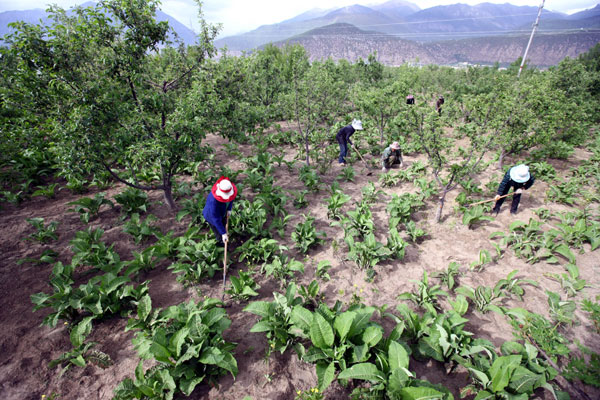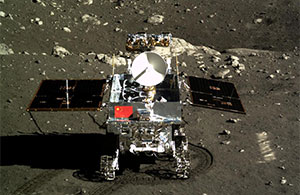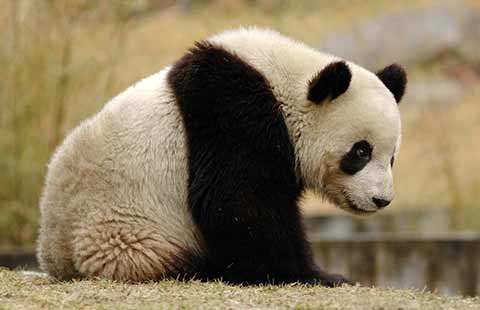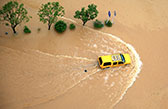Battle to save valuable Tibetan herbs
By WANG HUAZHONGin Nyingchi, Tibet (China Daily) Updated: 2012-12-27 00:31Sangye seldom opens his collection room to visitors. The room is dark and chilly, and guarded by a mastiff dog attempting to break its chain.
However, inside the room Sangye's collection is not diamonds and gold, but a couple of piles of seeds.
The 28-year-old is a specialist at the Tibetan medicine research and experiment base in Mainling county — locally known as "the land of herbs" — in Nyingchi prefecture, the Tibet autonomous region.
The base hires about 300 locals to plant the seeds Sangye toiled to collect from the wild.
 |
|
Farmers work in a field of herbs in Nyingchi, the Tibet autonomous region, in May 2011. Wang Ying / Xinhua |
"Few people knew of Tibetan medicine in the past. But as more people in China and around the world start to look into the ancient science for health, Tibetan herbs are being depleted," he said.
Mainling lies at the middle reaches of the Yarlung Zangbo River, and between the Tangula Mountains and the Himalaya Mountains at an average 3,700 meters above sea level. The county is regarded as the origin of Tibetan medical science.
The local government said Mainling has about 3,800 types of plants and 680 types of macro fungi. About 1,300 years ago, the founder of Tibetan medical science, Yuthok Yonten Gonpo, is said to have trained doctors at the Ganlu Cave in the county.
However, Sangye said locals have dug out most of the herbs they could find. Some of the herbs are so scarce that it took Sangye and two colleagues six months to collect less than half a kg of seeds of large leaf gentian, a key ingredient for a treatment to combat rheumatism.
Sangye said the large leaf gentian was "everywhere" when he was a child, and he followed his grandfather to gather herbs when he was 4 years old.
"It's time for us to plant to protect the wild species. We need to pass the assets down for the next generations," said Sangye, who is also a graduate student of the Tibetan Traditional Medical College.
"Domestication of wild herbs is not easy and requires careful control of conditions including exposure to sunshine, temperature and humidity. We don't have enough technical staff to do research and train farmers at the same time.
"This is a long-term project."
- Beijing lawyer Zhou Shifeng jailed for subversion
- China opens S China Sea website
- Ministry issues draft rules for car-hailing business
- 700 officials punished by green teams
- Hangzhou learns the language of summit success
- Panda twin births boost the hopes for survival
- Top court clarifies law at sea
- Nida's landfall brings travel to a standstill
- Xinjiang toughens anti-terror stance
- Tokyo's white paper on defense policy 'full of lies'










